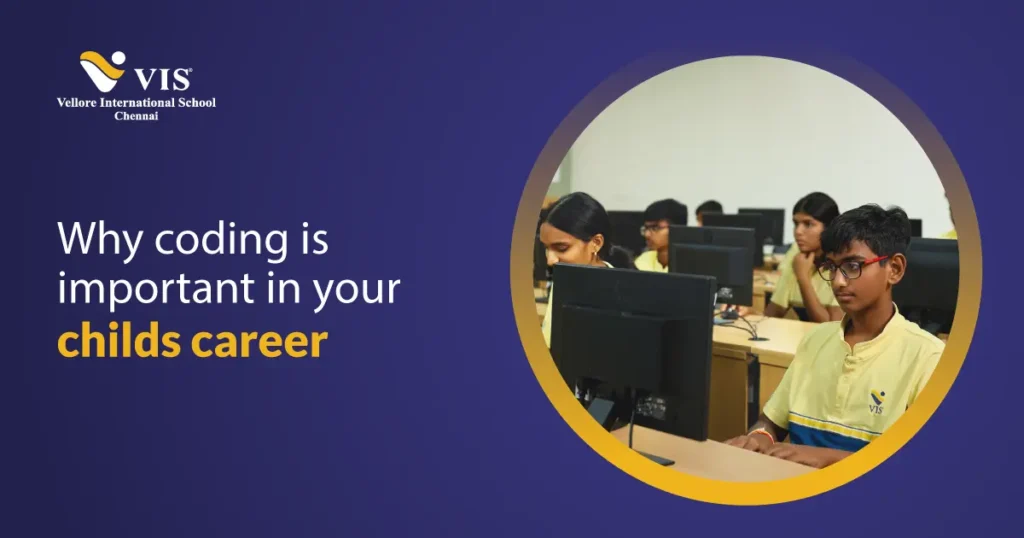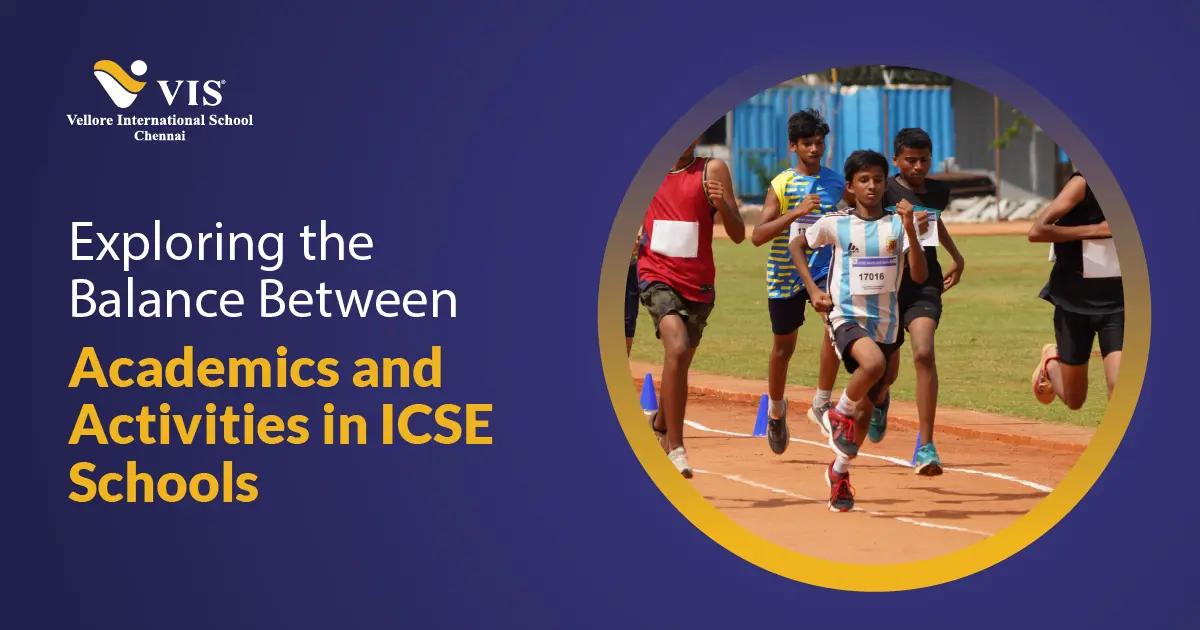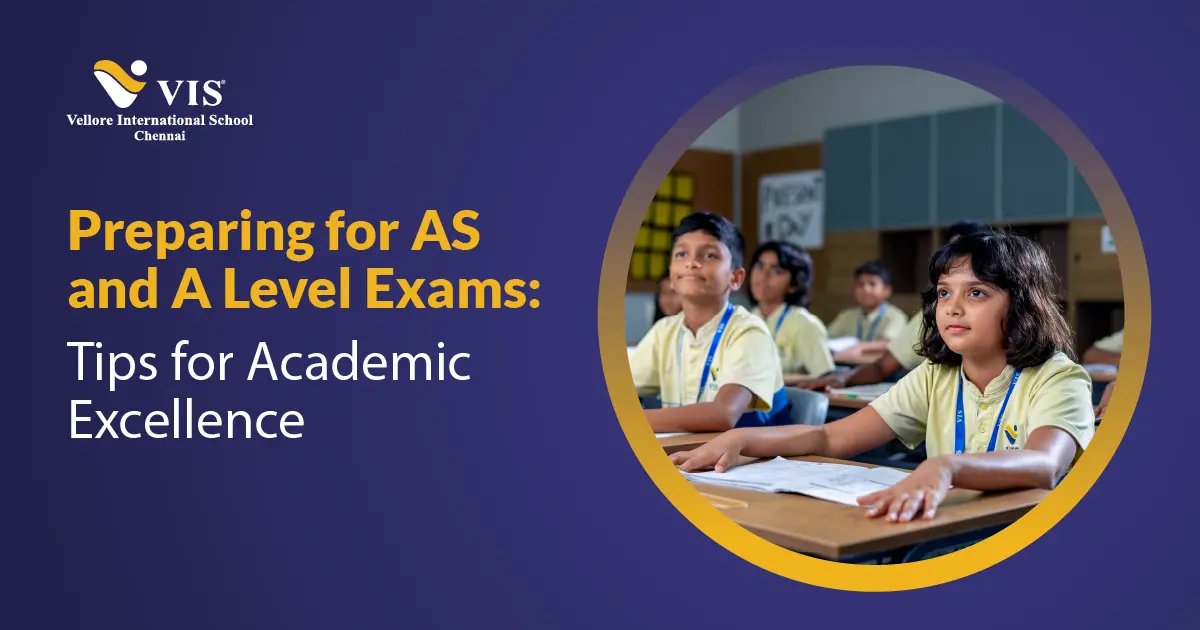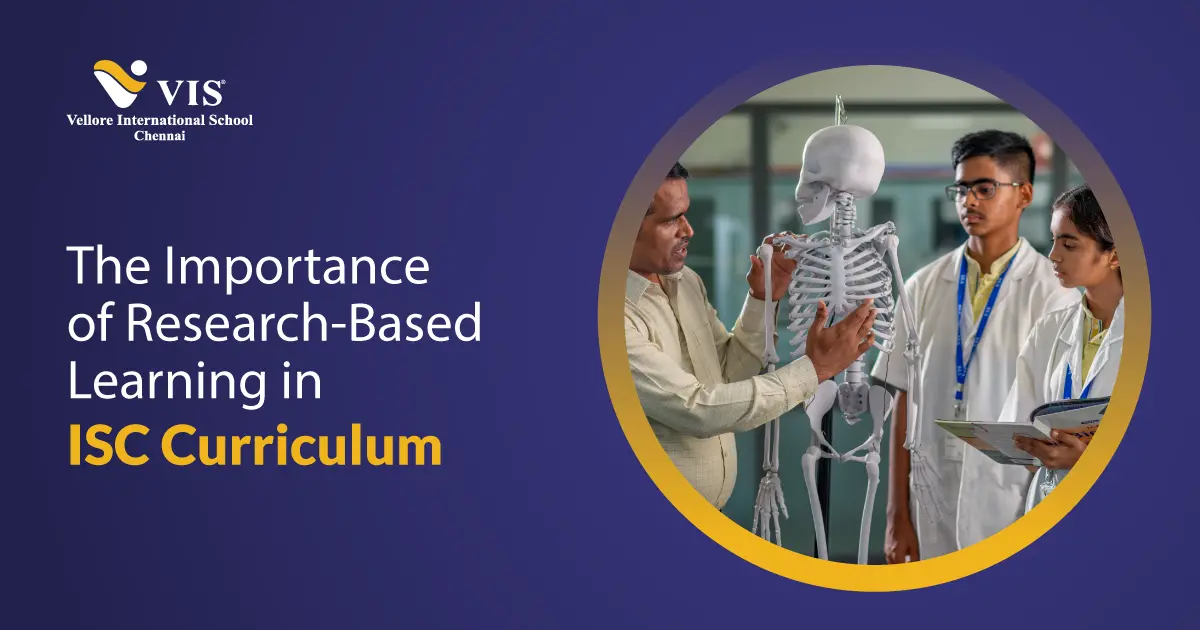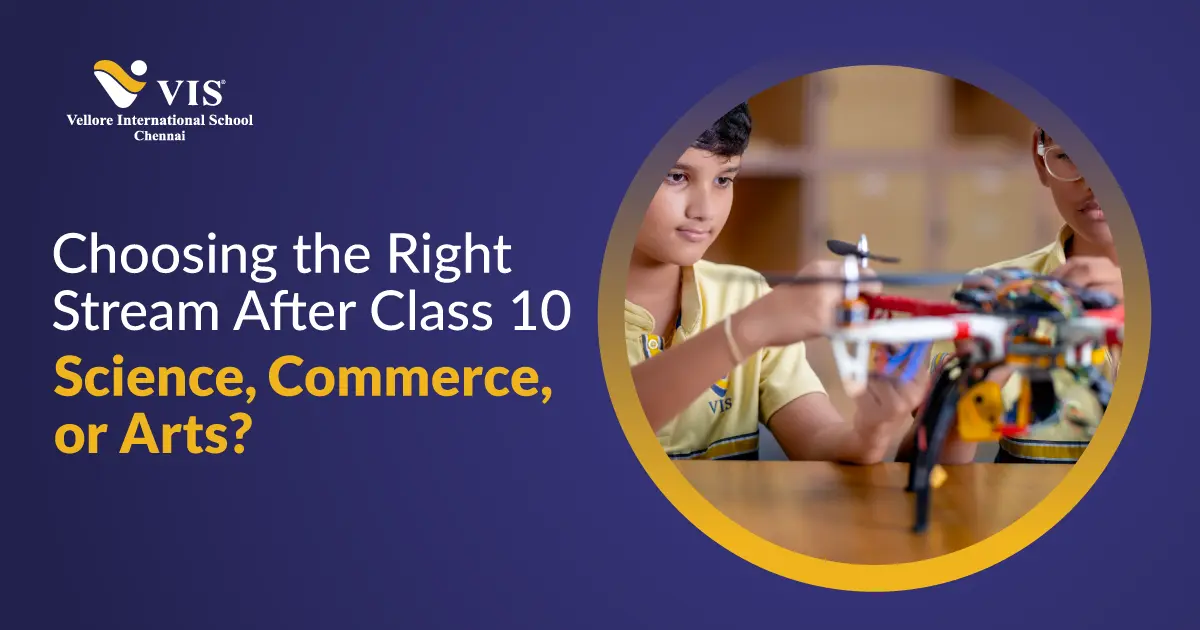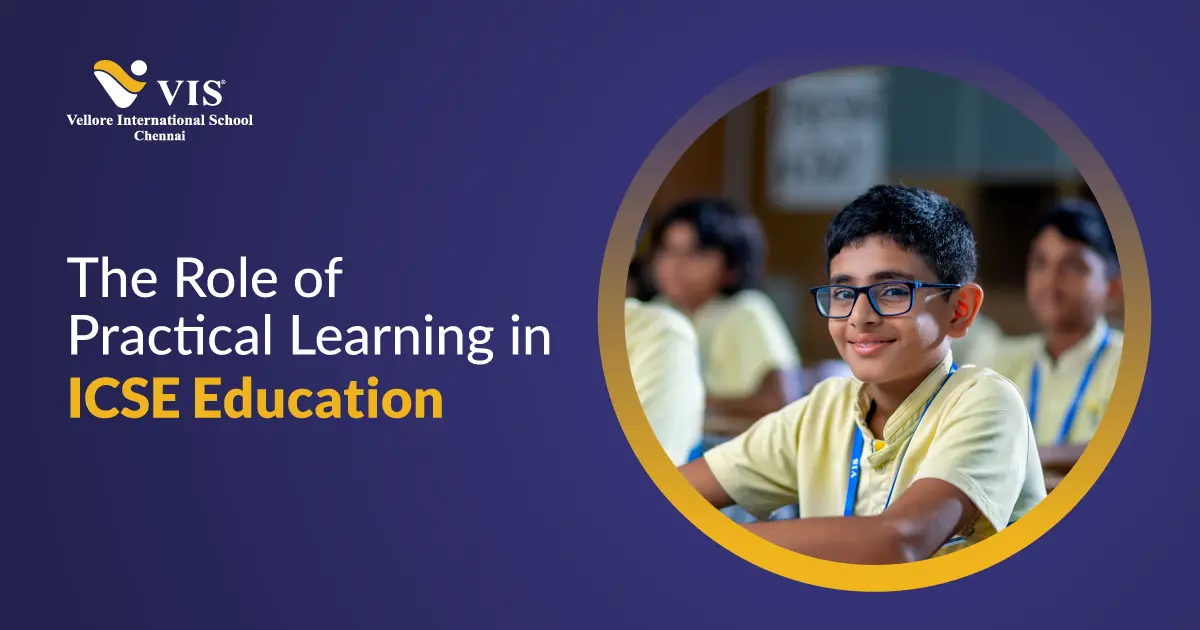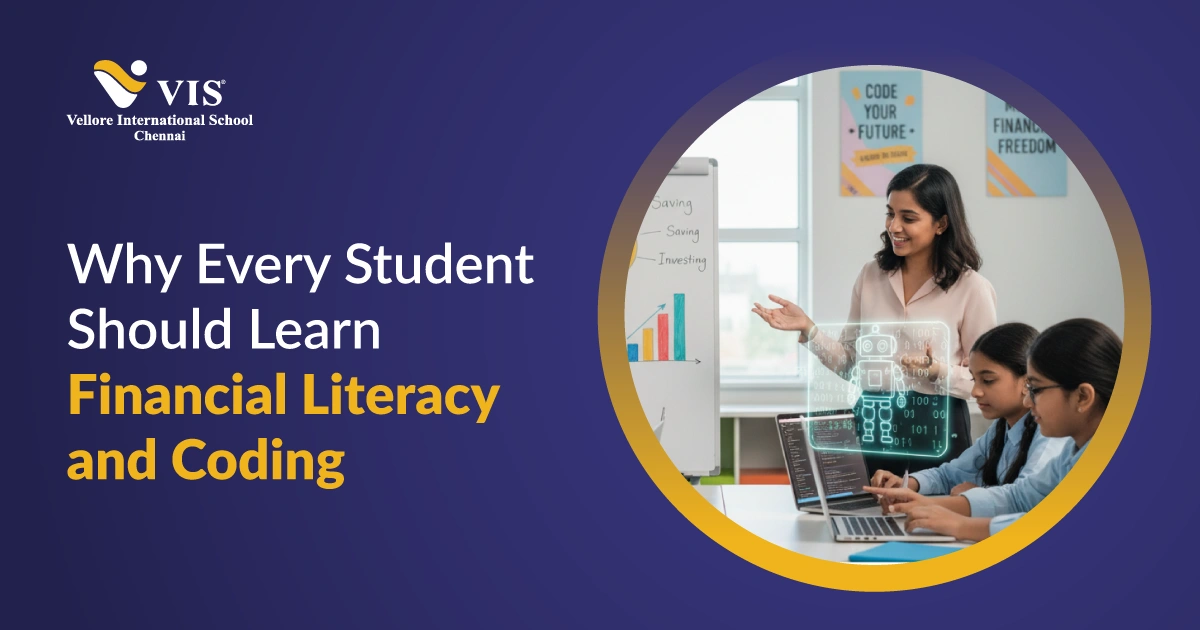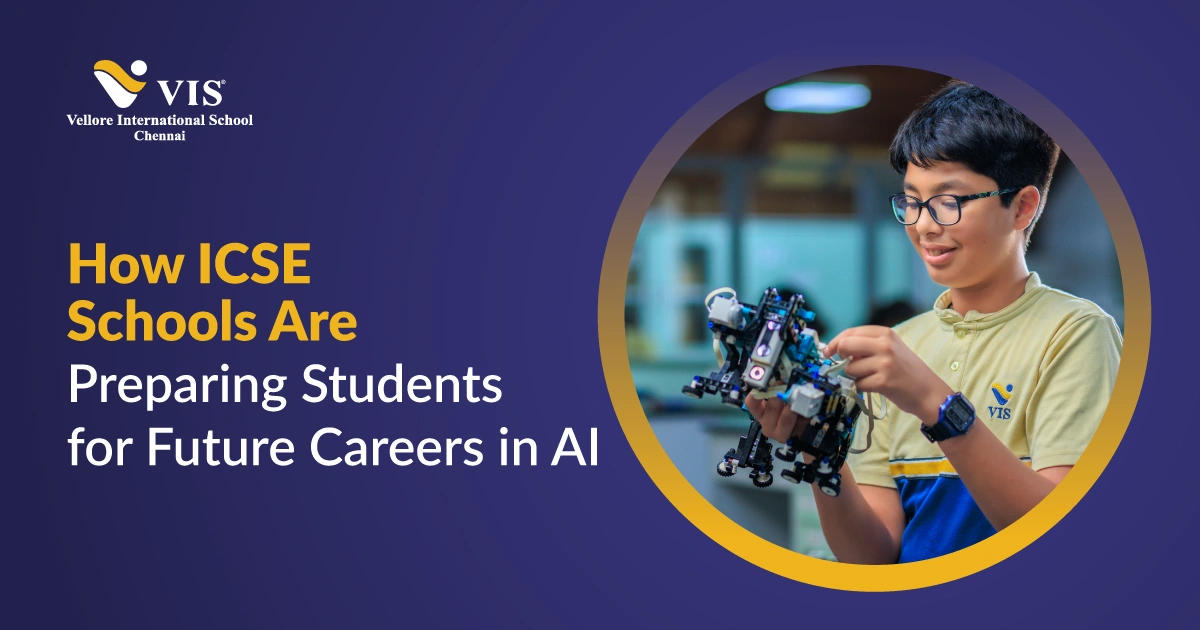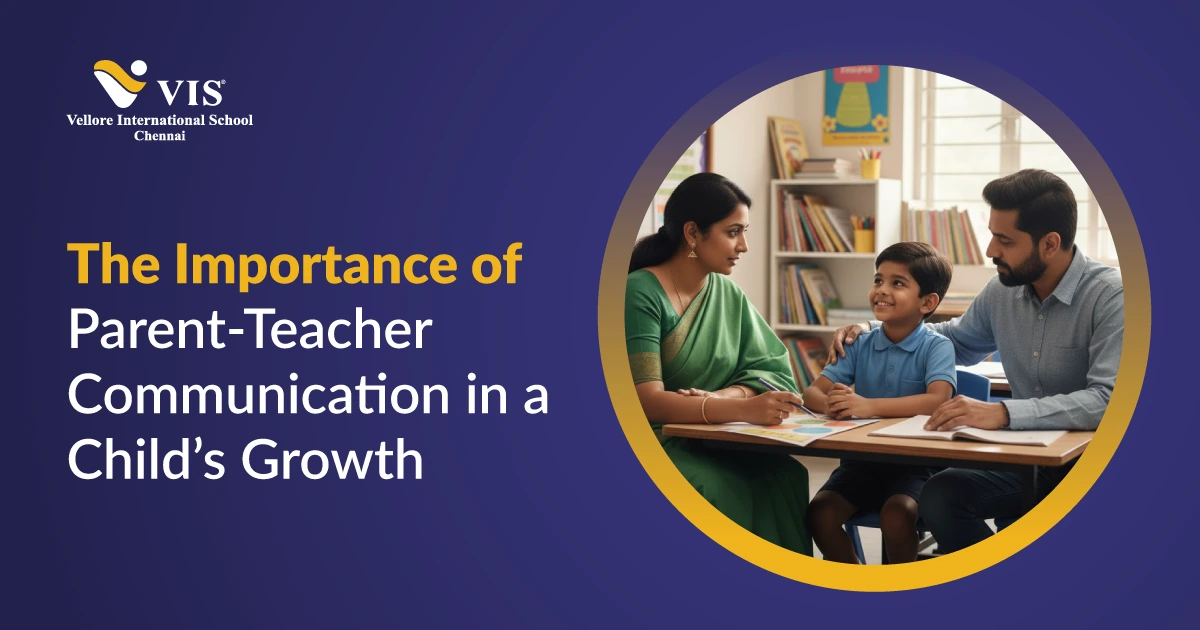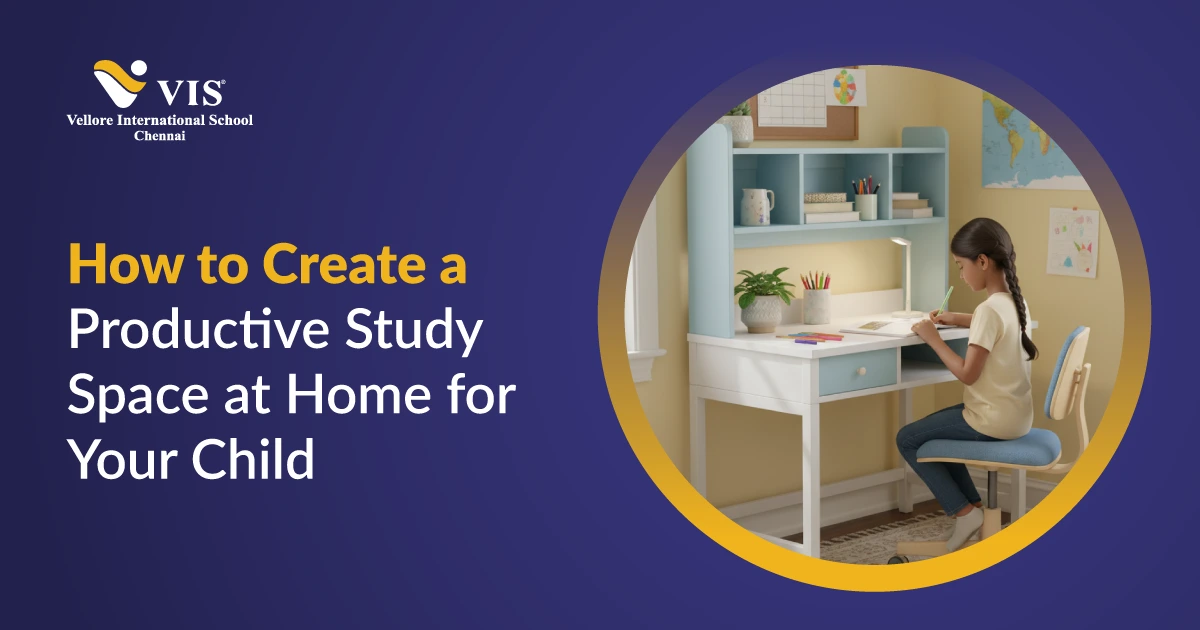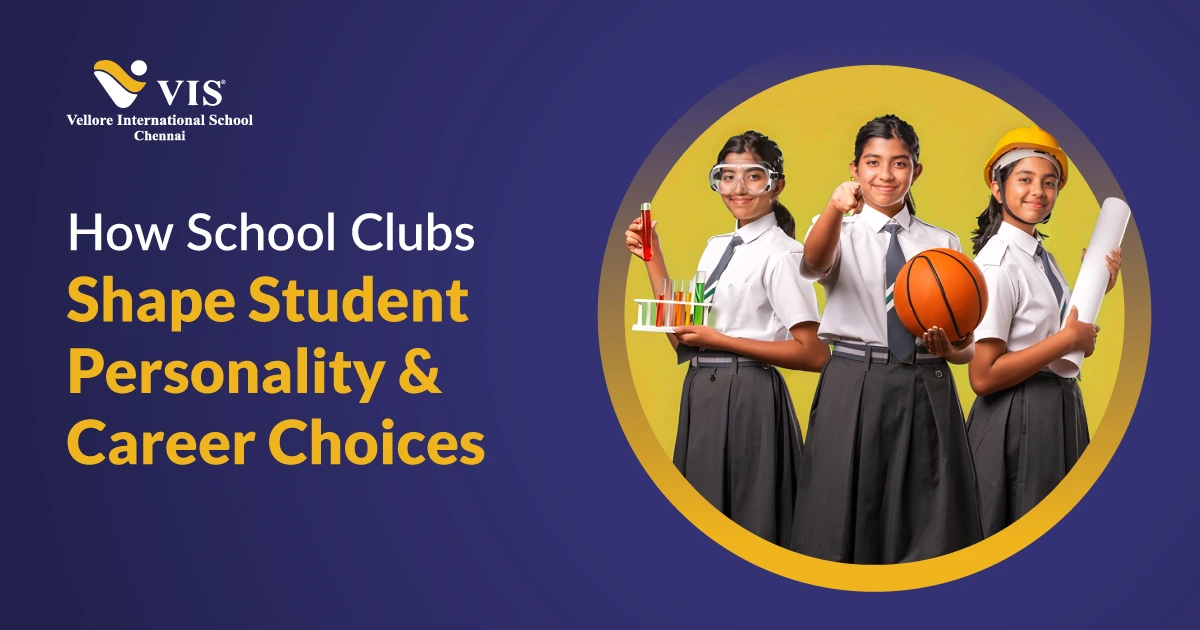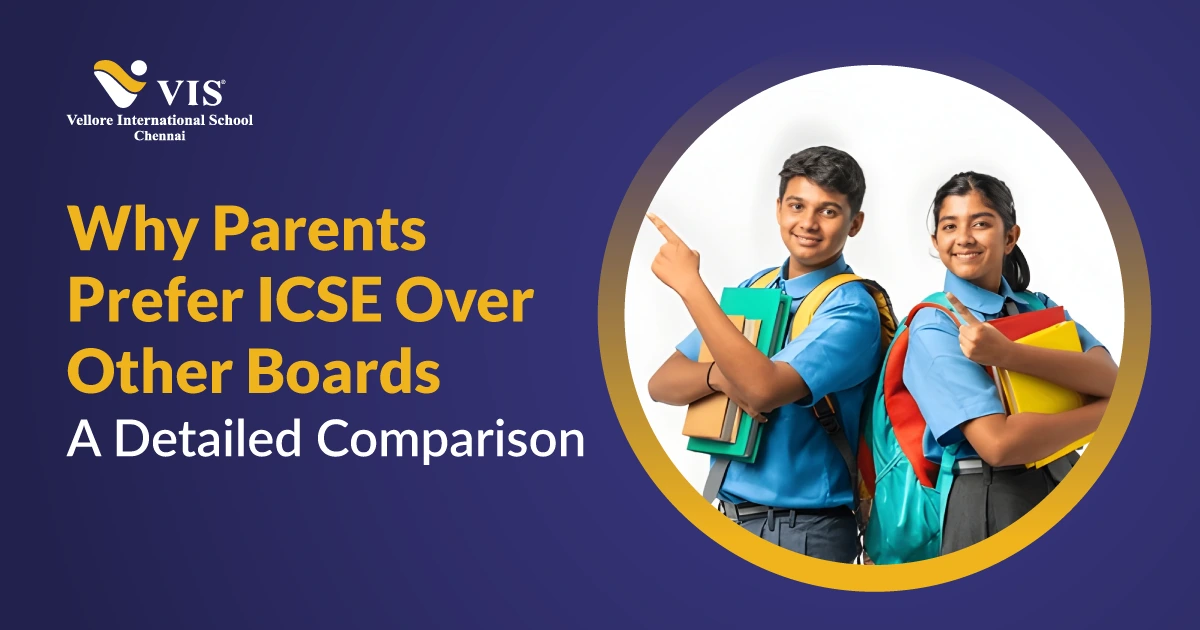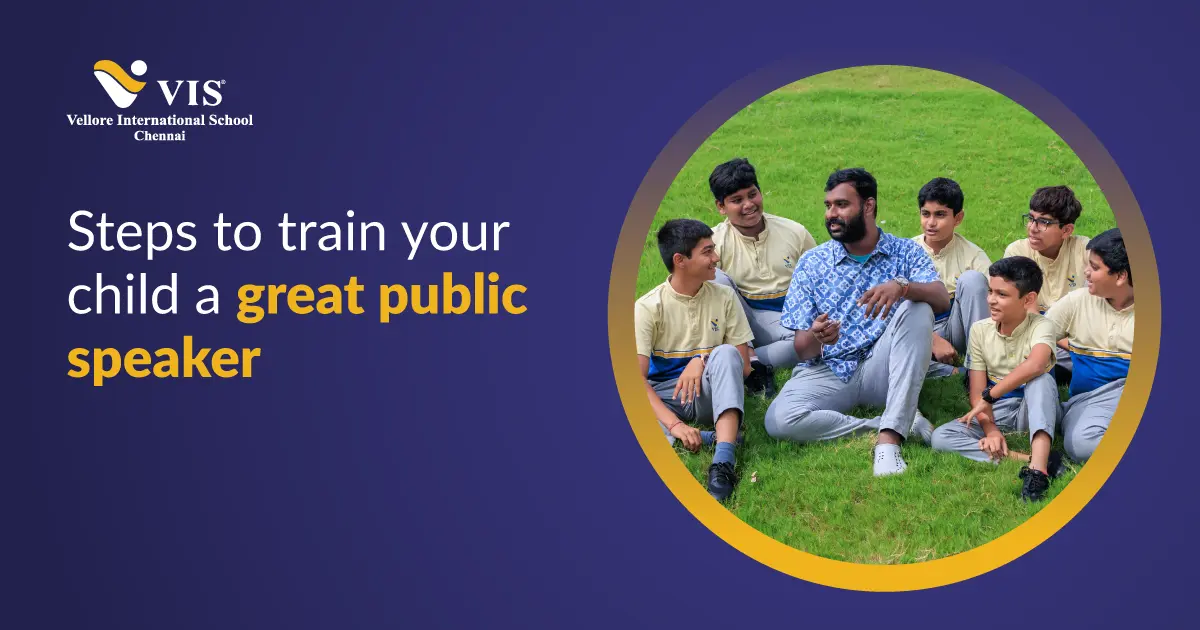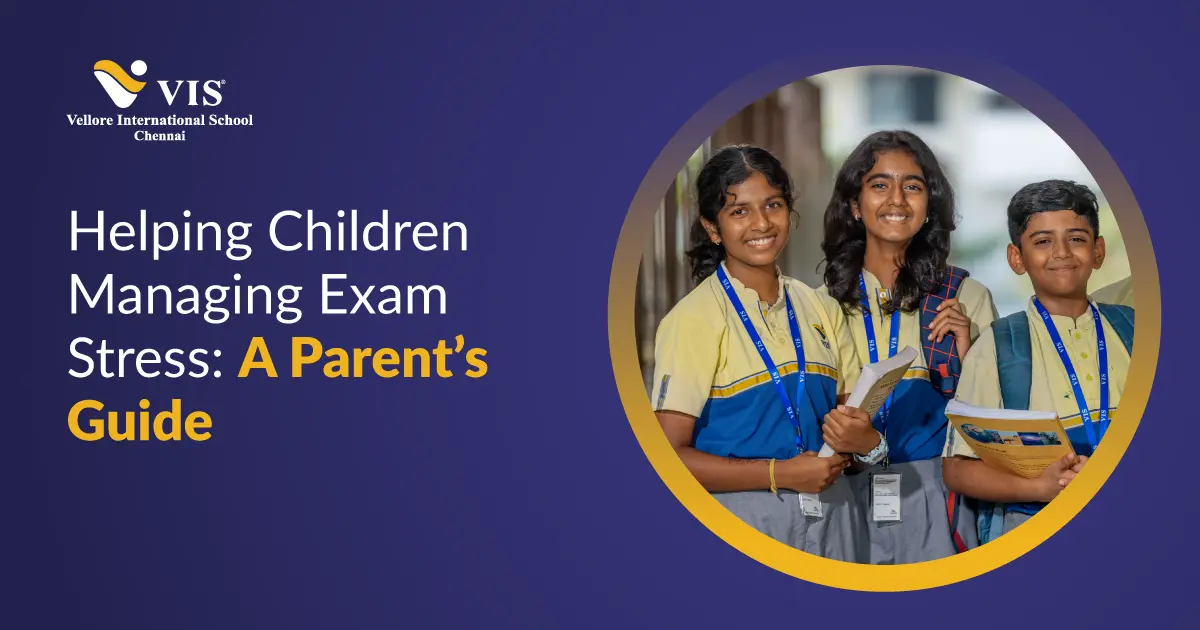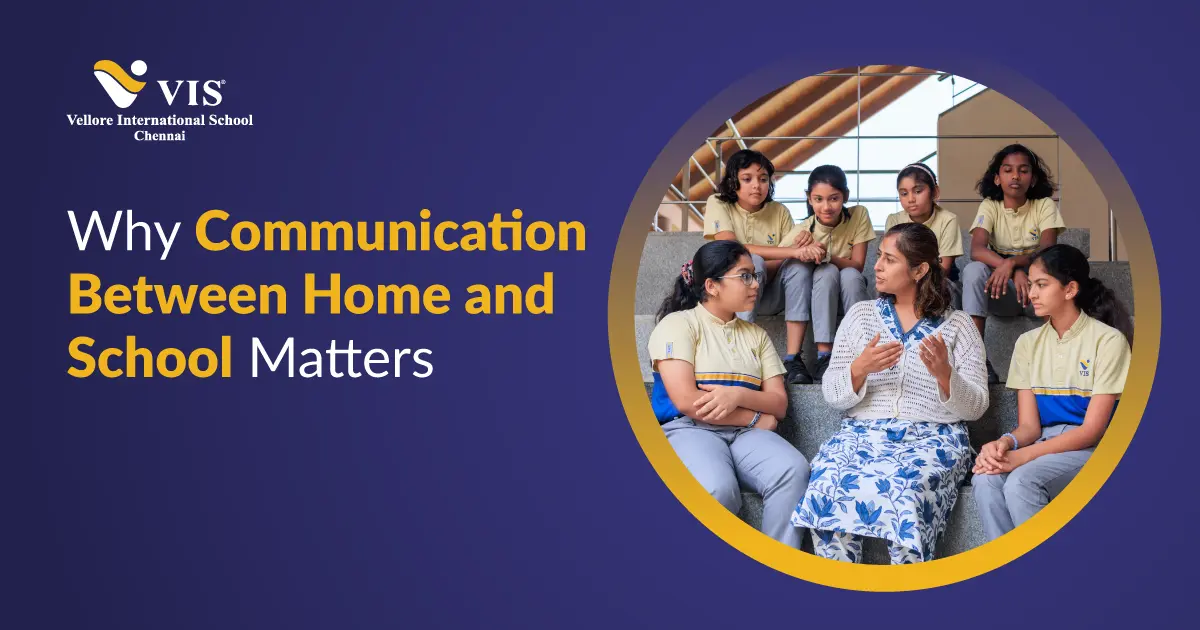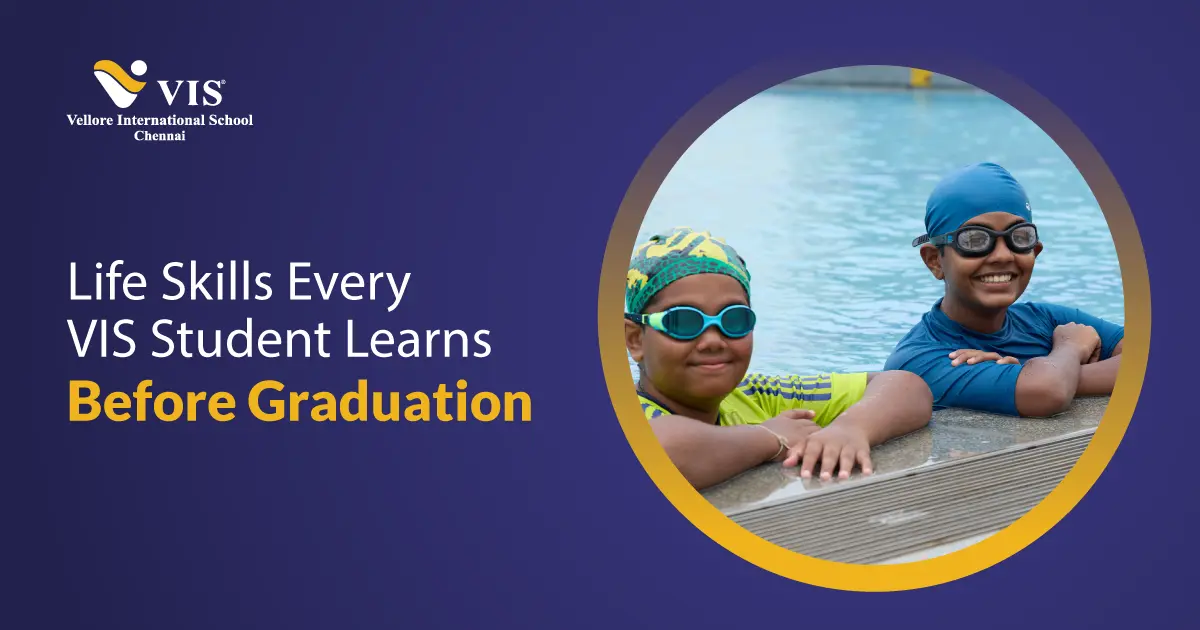Technology is the very fabric of how businesses, education, and daily life function. From smartphones and banking apps to smart cars and healthcare devices, coding powers nearly everything around us.
For children, learning how to code is a fundamental skill that shapes the way they think, problem-solve, and adapt to the future. This blog delves into the importance of coding for children, examining its role in academics and future career prospects.
The Digital Era: Why Early Exposure Matters
Children today are growing up in an environment where digital tools are as common as books. Introducing coding early allows them to move from being passive consumers of technology to becoming creators of it.
- Coding nurtures computational thinking, helping children break down large problems into smaller, solvable parts.
- It improves logical reasoning and improves their ability to connect cause and effect.
- Coding aligns with future skill demands, as nearly every profession, from medicine to art, now integrates technology in some form.
Parents who wonder why coding is important should recognise that early exposure can make the difference between a child merely using technology and mastering it to build innovative solutions.
Academic Benefits of Learning Coding
The academic advantages of coding go far beyond writing lines of code. It nurtures a child’s overall learning journey and complements traditional subjects in powerful ways.
1. Problem Solving Skills
Coding teaches children to approach problems methodically. For instance, when debugging an error, they learn to break a large challenge into smaller steps, test solutions, and persist until they succeed.
This structured way of thinking builds resilience and helps them apply the same mindset in mathematics, science, or even real life decision making.
2. Boosts Creativity
Contrary to the belief that coding is purely technical, it is highly creative. Children use coding platforms to design animations, interactive games, and apps. This process blends imagination with logic, encouraging them to think outside the box.
In doing so, they transform abstract ideas into tangible results, which makes learning both fun and meaningful.
3. Supports Core Subjects
Coding enhances understanding of academic concepts. Sequencing, algorithms, and pattern recognition reinforce mathematical thinking, while coding simulations can model scientific experiments or natural phenomena. This cross-disciplinary learning strengthens their academic foundation and deepens conceptual clarity.
4. Builds Collaboration
Modern coding often happens in teams. Children working together on projects learn to brainstorm ideas, divide roles, share code, and solve problems collectively. This builds peer to peer learning, communication skills, and the ability to work towards common goals—skills valued in both academics and future careers.
5. Future Ready Skills
Education today is evolving towards STEAM (Science, Technology, Engineering, Arts, and Mathematics). Coding sits at the centre of this integration, linking creativity with analytical rigour. By mastering coding, students acquire a current skill set that equips them to thrive in higher education and professional pathways.
In short, coding enriches academics by strengthening logic, creativity, and collaboration while preparing children for tomorrow’s innovation-driven world.
Emotional and Cognitive Development Through Coding
Parents often think of coding only in terms of computers and screens, but in reality, coding is a powerful tool that shapes the human mind in remarkable ways. It develops essential emotional and cognitive skills that children carry for life.
1) Resilience:
Debugging is an inevitable part of coding. When children face errors, they learn to stay patient, analyse what went wrong, and try again. This persistence builds a strong never give up attitude that helps them handle challenges beyond academics.
2) Confidence:
Nothing boosts self-esteem like solving a tough problem. When a child successfully runs a code, it gives them a sense of accomplishment. Each success fuels their belief that they can tackle bigger challenges, inside and outside the classroom.
3) Decision making:
Coding requires evaluating multiple approaches to solve a problem. Children learn to weigh pros and cons, test alternatives, and pick the best solution, an essential life skill that makes them more independent and capable decision-makers.
4) Focus:
Writing code demands precision and attention to detail. Over time, children develop stronger concentration, which benefits their studies, hobbies, and daily activities.
This is why coding is important for a child’s career, emotional growth and personal development.
Future Career Opportunities
1. Technology Fields
The most direct path where coding becomes invaluable is in technology careers. Professions such as artificial intelligence, data science, cybersecurity, software development, and robotics rely heavily on coding expertise.
As industries continue to innovate, the demand for professionals with coding proficiency will only grow, making it a core skill for high paying and impactful roles.
2. Non-Tech Professions
Interestingly, coding is not restricted to the IT industry. Doctors use coding in medical research and diagnosis, architects depend on coding enabled design software, financial analysts leverage algorithms for predictions, and even artists utilise coding tools to create digital art. This demonstrates that coding complements and enhances diverse career fields.
3. Entrepreneurial Ventures
For young minds with entrepreneurial aspirations, coding is a powerful tool. It enables children to design apps, create games, and build platforms from scratch. A good idea paired with coding knowledge can be transformed into a successful business, providing independence and creativity.
4. Global Employability
As job markets become more globalised, coding gives students an edge in international careers. Companies worldwide prioritise employees who can adapt to digital tools. This once again highlights why coding is important for ensuring a strong and sustainable career trajectory.
Coding and Creativity
Contrary to myths, coding is not rigid or dull. It blends creativity with technology. Children can:
- Build games that tell unique stories.
- Create apps that solve real world issues.
- Develop websites to share their ideas.
- Program robots to perform fun tasks.
Coding provides the tools to transform imagination into reality. For instance, a child passionate about music could code a program that composes tunes, merging art and logic seamlessly.
Common Myths About Coding for Children
- Myth: Coding is only for tech careers.
Truth: Coding supports every career path by building problem solving and logical skills. - Myth: Coding is too hard for children.
Truth: Platforms like Scratch, Blockly, and Tynker make coding fun and beginner friendly. - Myth: Coding isolates children.
Truth: Coding projects often involve collaboration and teamwork.
By debunking these myths, parents better understand why coding is important as a life skill.
The Role of Parents in Encouraging Coding
Parents play a crucial role in nurturing coding skills. Here’s how they can help:
- Provide access to age appropriate coding platforms.
- Encourage coding hobbies such as building games or designing websites.
- Create a supportive environment where mistakes are viewed as learning steps.
- Celebrate small coding successes to build motivation.
By making coding a fun and rewarding part of daily life, parents underline why coding is important for their child’s overall development.
Strategies for Schools to Promote Coding
- Establish coding clubs and competitions.
- Introduce project learning where students apply coding to real life problems.
- Encourage cross-disciplinary integration, like coding in math or art classes.
- Provide access to mentor programs and industry experts.
Schools that adopt these strategies prepare students for an innovative future.
Vellore International School: Nurturing Future Innovators
At Vellore International School (VIS), Chennai, the commitment to holistic education goes hand in hand with preparing students for a technology future. VIS recognises that coding is a mindset that encourages children to think critically, create fearlessly, and solve real world challenges.
Our school integrates coding and digital literacy as part of its forward curriculum, encouraging students to explore programming through interactive platforms and real world projects. From robotics clubs to innovation labs, VIS ensures that students are not only consumers of technology but also innovators who can shape it.
Final Thoughts
The question is no longer whether children should learn coding, but how early they should start. Coding nurtures logical reasoning, creativity, resilience, and collaboration, skills that extend beyond technology into every sphere of life.
For parents, understanding why coding is important is the first step toward preparing their children for a thriving future. Schools like Vellore International School are already paving the way, ensuring that the leaders of tomorrow are equipped with academic knowledge and with the tools to innovate, adapt, and excel.
FAQs:
1. Why is coding important for my child’s future career?
Coding equips children with critical thinking, problem solving, and creativity. These skills are valuable not just in technology careers but also in medicine, finance, business, and even creative fields. Learning coding early gives your child a head start in adapting to a digital first world.
2. At what age should children start learning coding?
Children can begin coding as early as 6 – 7 years old using visual platforms. As they grow older, they can transition to text based languages like Python or Java. The earlier they start, the easier it becomes to develop logical and analytical thinking.
3. How does coding improve academic performance?
Coding reinforces subjects like mathematics and science by teaching sequencing, logic, and problem breakdown. It also sharpens focus, memory, and creativity, helping children perform better academically. Parents often see improvements in confidence and resilience as well.
4. Why should I choose Vellore International School for my child’s coding education?
Vellore International School integrates coding into its curriculum and offers innovation labs, robotics clubs, and project learning opportunities. The school ensures children don’t just consume technology but actively create with it, preparing them for global careers.
5. Do children need to pursue a career in technology to benefit from coding?
Not at all. While coding is crucial for IT and engineering, its benefits extend to all fields. Doctors use coding for medical research, architects design with coding tools, and entrepreneurs use it to build apps and businesses. This is why coding is important for every child’s career, regardless of profession.

